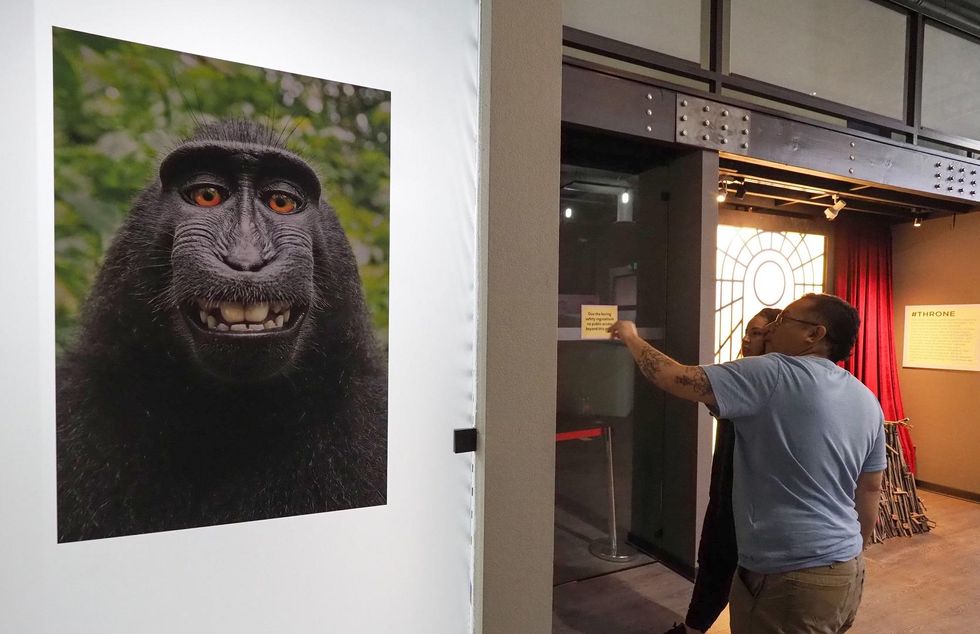After a three-year-long battle, the U.S. 9th Circuit Court of Appeals has ruled that a photographer, and not a monkey, owns the rights to a now infamous “monkey selfie.”
What's the story about the selfie?
In 2011, photographer David Slater managed to get a crested macaque named Naruto to take a selfie with his camera in Indonesia.
“It wasn’t serendipitous monkey behavior,” he said, according to The Guardian. “It required a lot of knowledge on my behalf, a lot of perseverance, sweat and anguish, and all that stuff.”
Slater’s troubles started in 2014 when websites like Techdirt and Wikipedia started using this photo without permission. Wikipedia claimed that the monkey was the creator of the image, so therefore it could not be copyrighted. Eventually, the U.S. Copyright Office ruled in favor of Slater.
But Slater’s difficulties did not end there. In 2015, People for the Ethical Treatment of Animals (PETA) sued Slater, arguing that Naruto was the real owner of the selfie. PETA said that it was acting as a "next friend" or guardian for Naruto.
In July, Slater told The Guardian that these legal troubles had left him broke.
“I’m trying to become a tennis coach,” Slater said. “I’m even thinking about doing dog walking. I don’t make enough money to pay income tax.”
Slater said that he was worried about how this would affect the future of his 7-year-old daughter.
“I can’t afford to own a car. There’s no camera equipment for her to inherit if I die tomorrow…She should inherit this, but it’s worthless.”
What about the ruling?
This ruling upholds a decision by a U.S. district court in January 2016. PETA had appealed that initial ruling, prolonging this legal battle.
In the ruling, the 9th Circuit Court of Appeals stated that:
“The panel held that the monkey lacked statutory standing because the Copyright Act does not expressly authorize animals to file copyright infringement suits.”
The court continued:
“Our court’s precedent requires us to conclude that the monkey’s claim has standing under Article III of the United States Constitution. Nonetheless, we conclude that this monkey—and all animals, since they are not human — lacks statutory standing under the Copyright Act.”
But this ruling comes seven months after Slater agreed to a settlement with PETA, in which Slater agreed to donate 25 percent of all future profits from the "selfie" to a charity protecting the habitat of that species of monkey.

